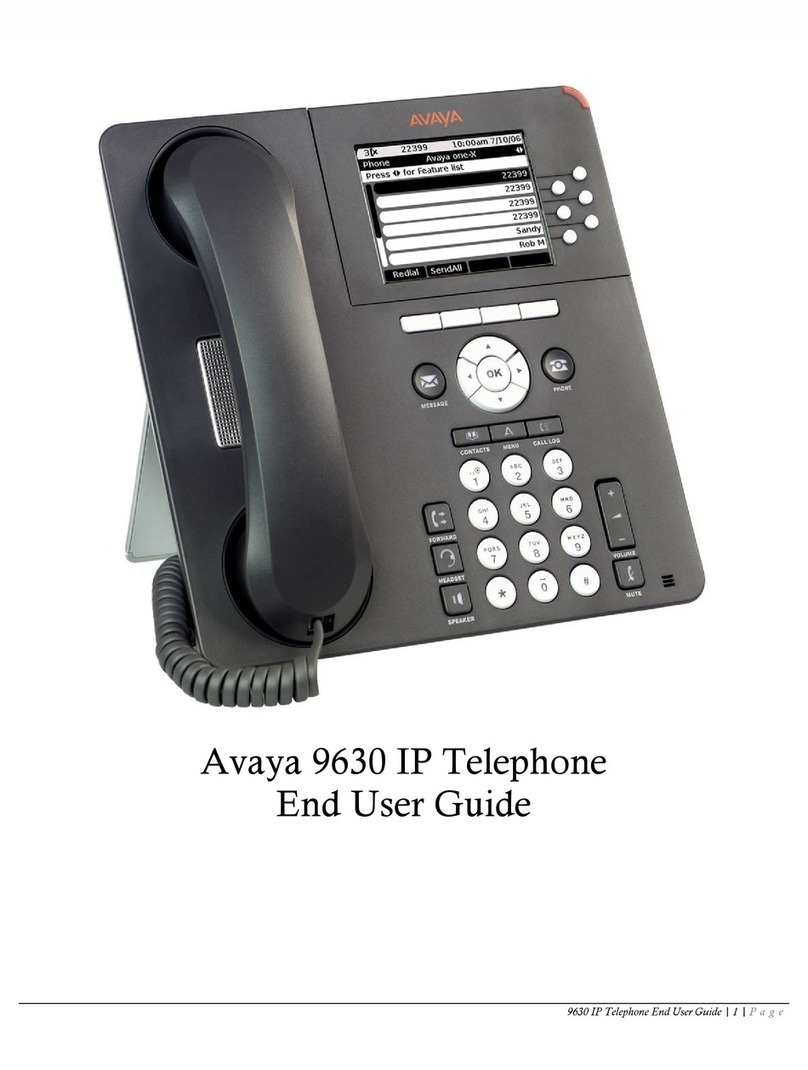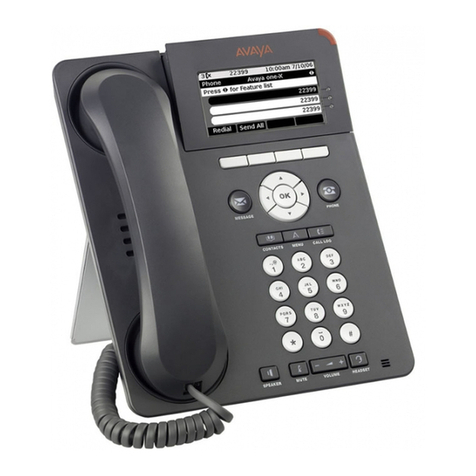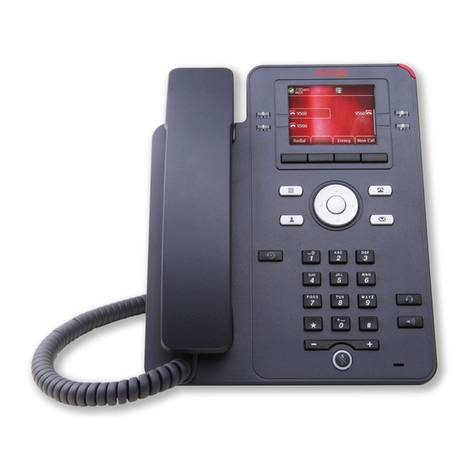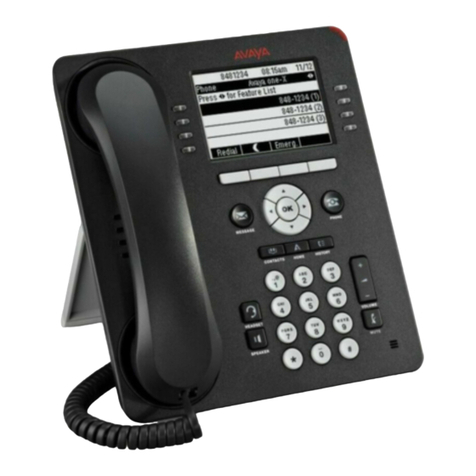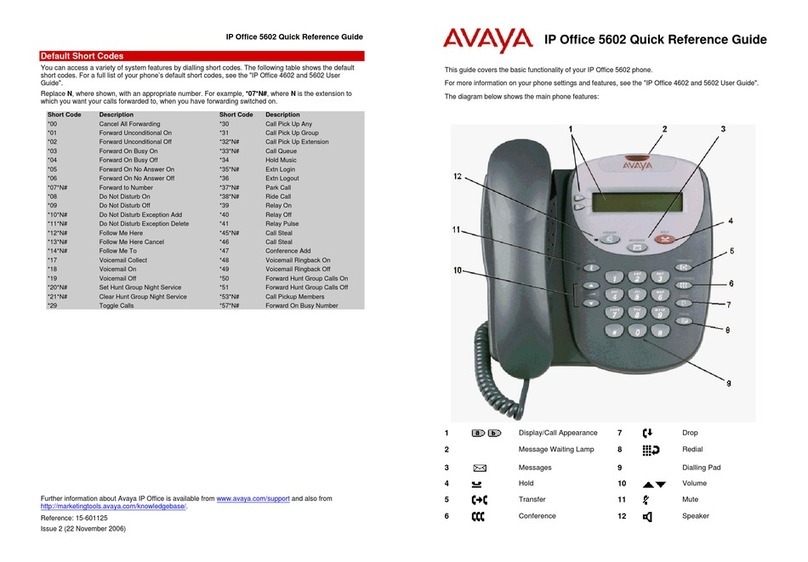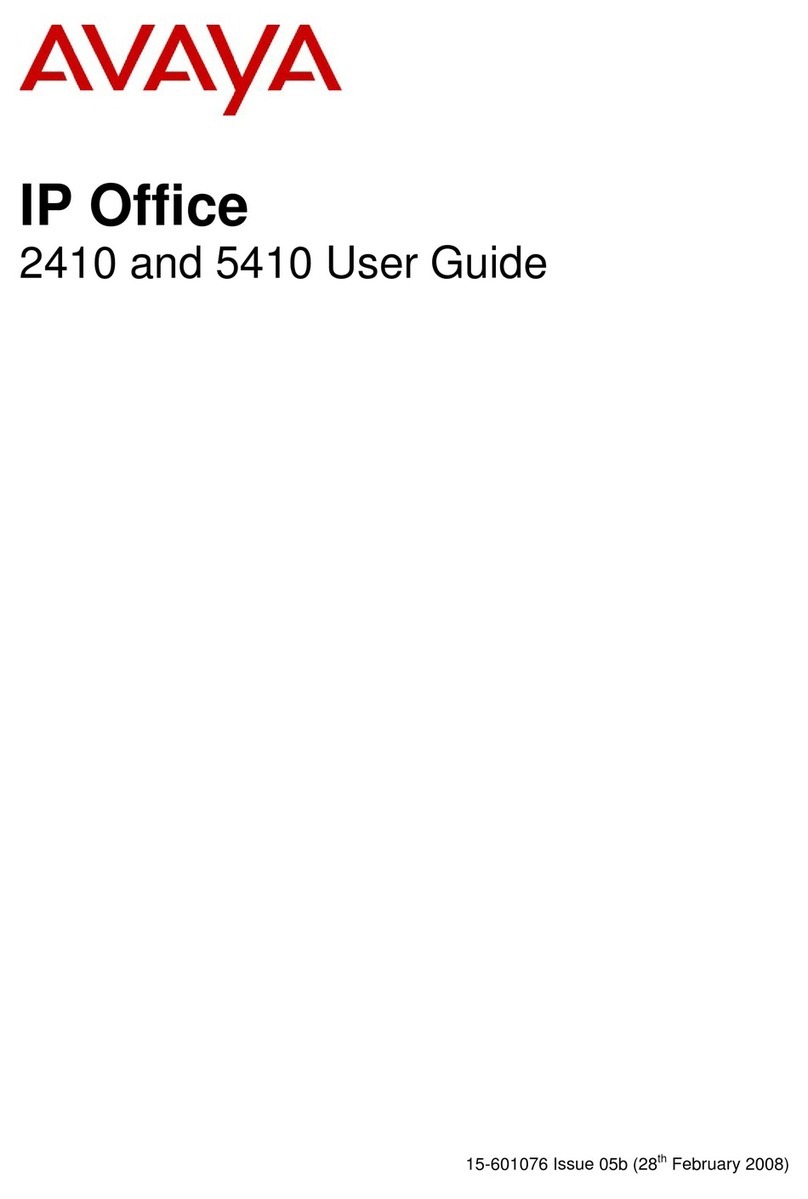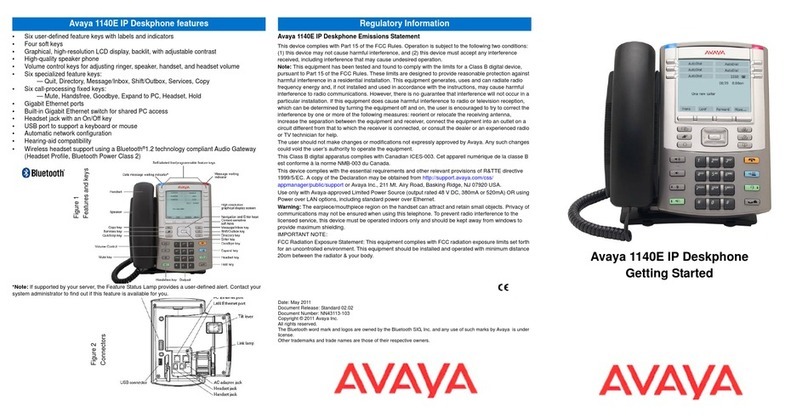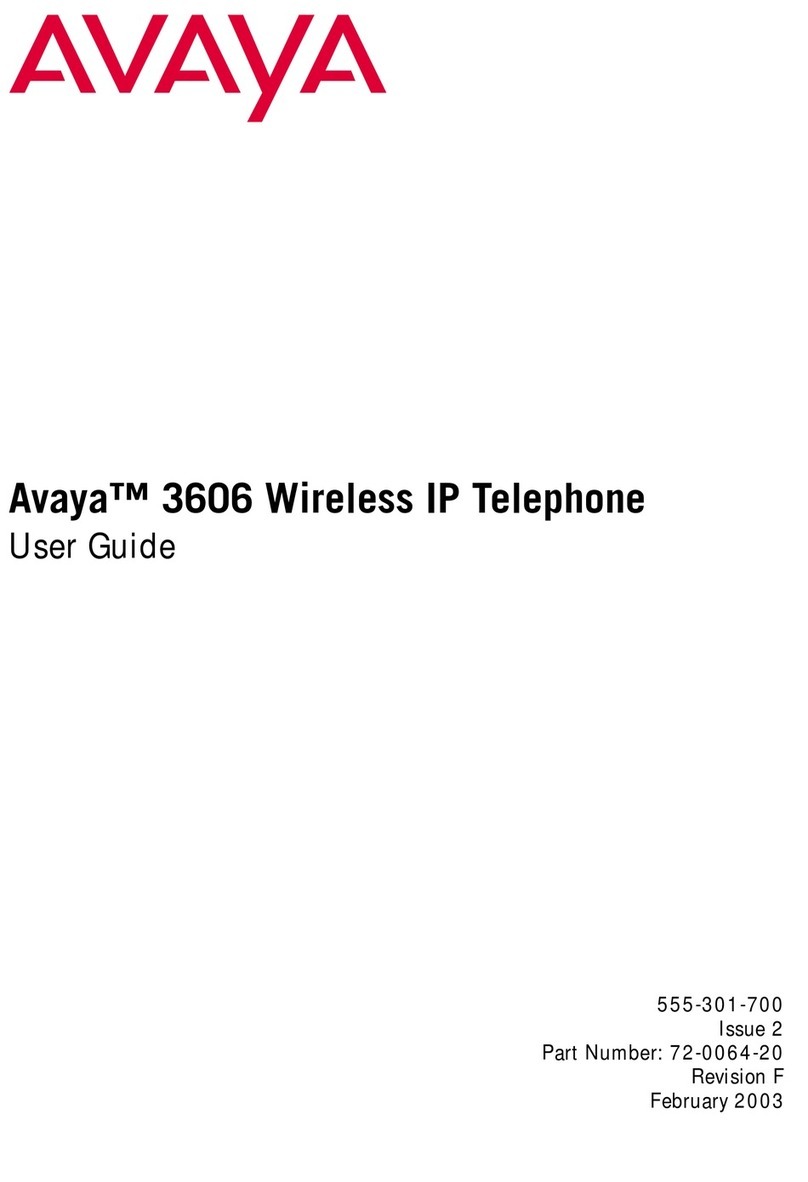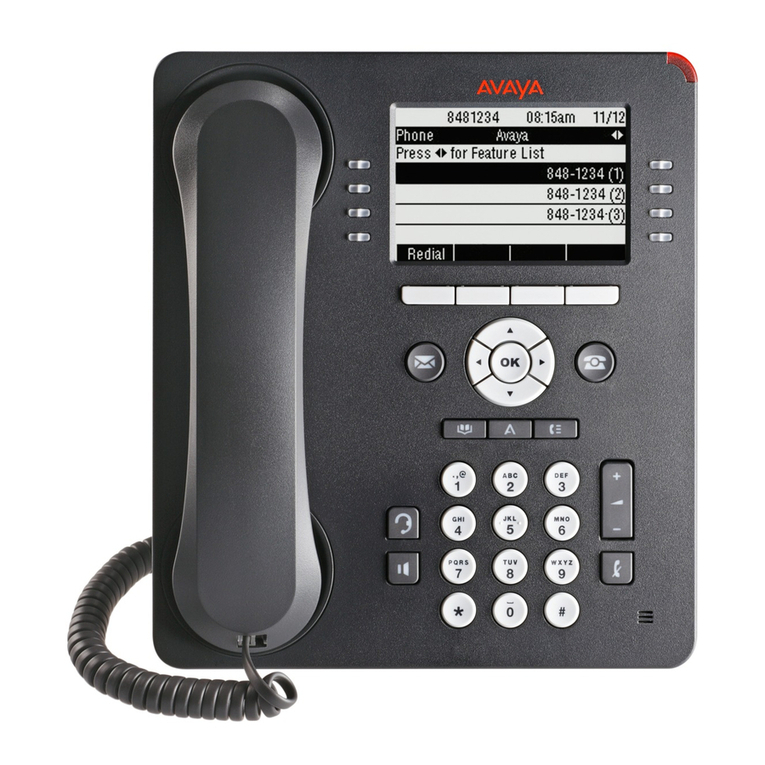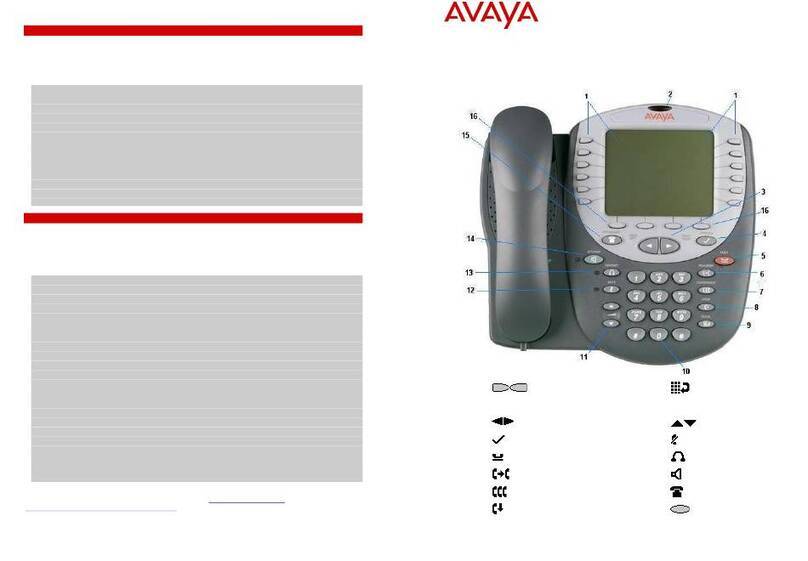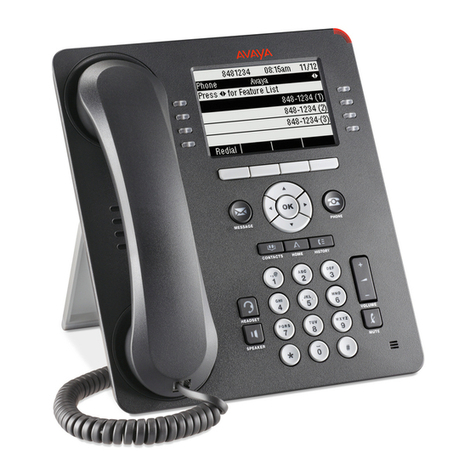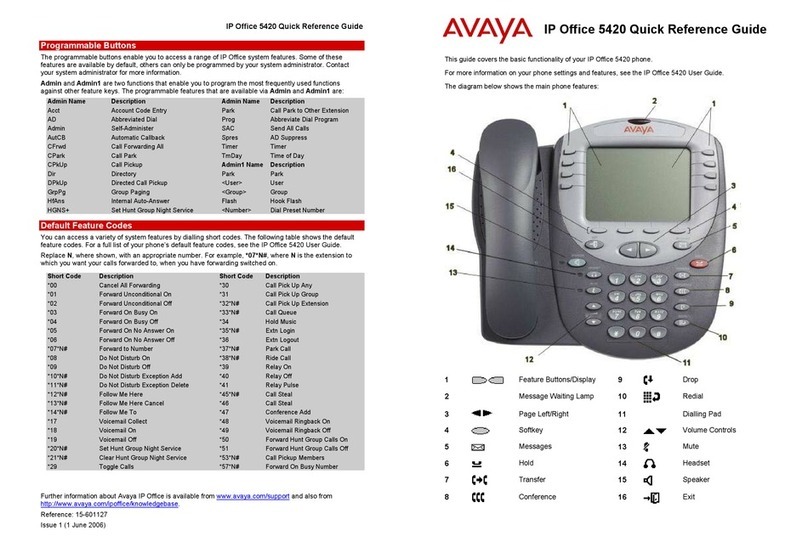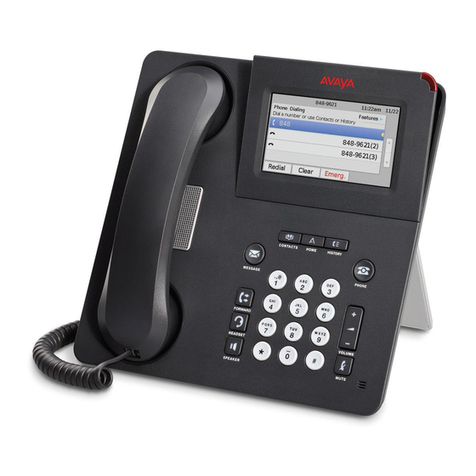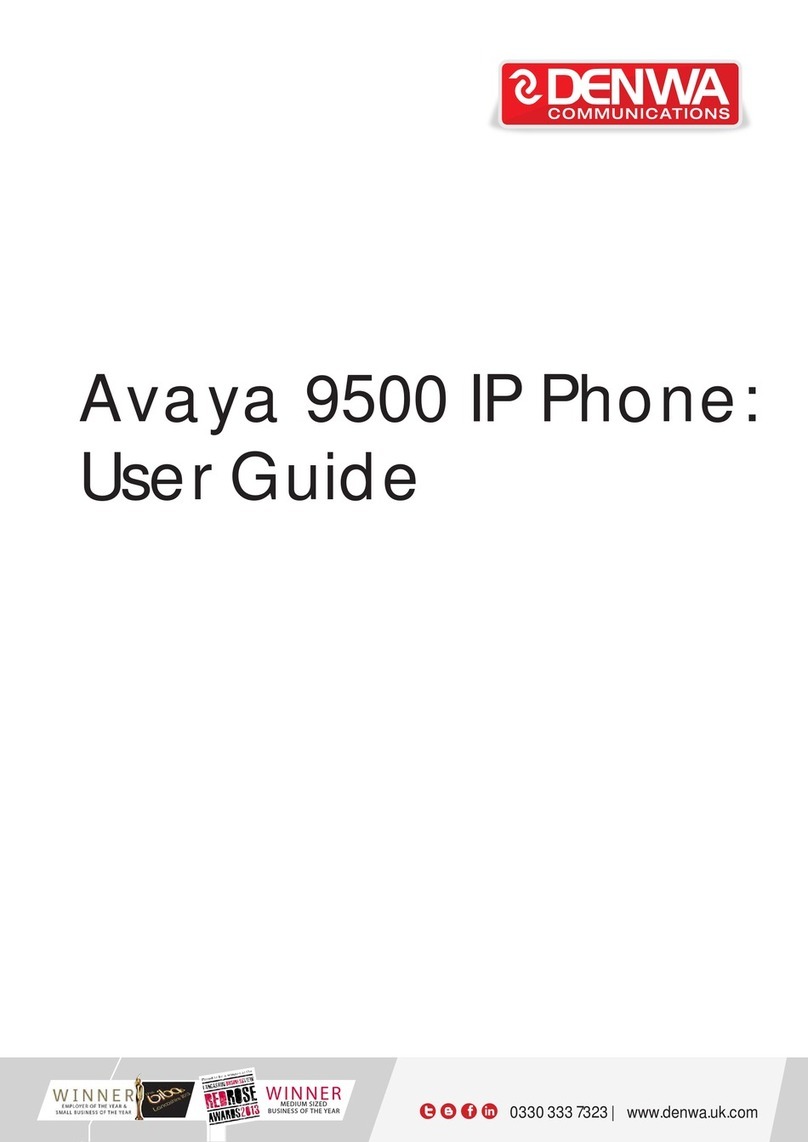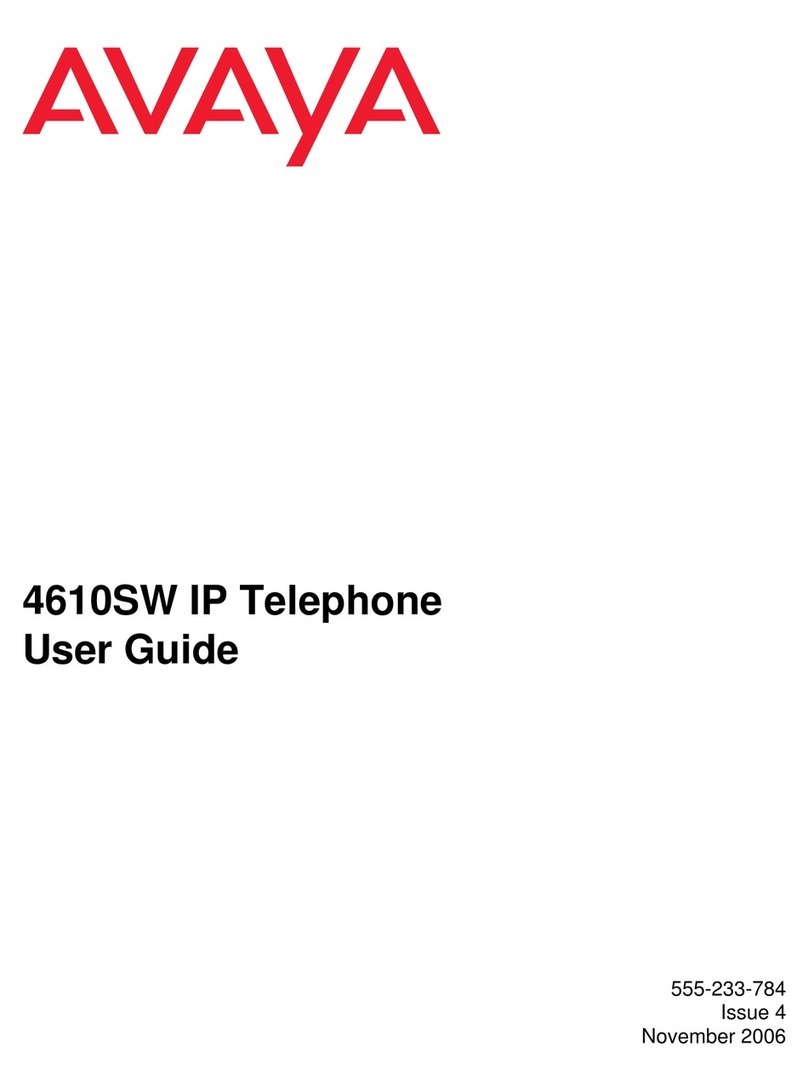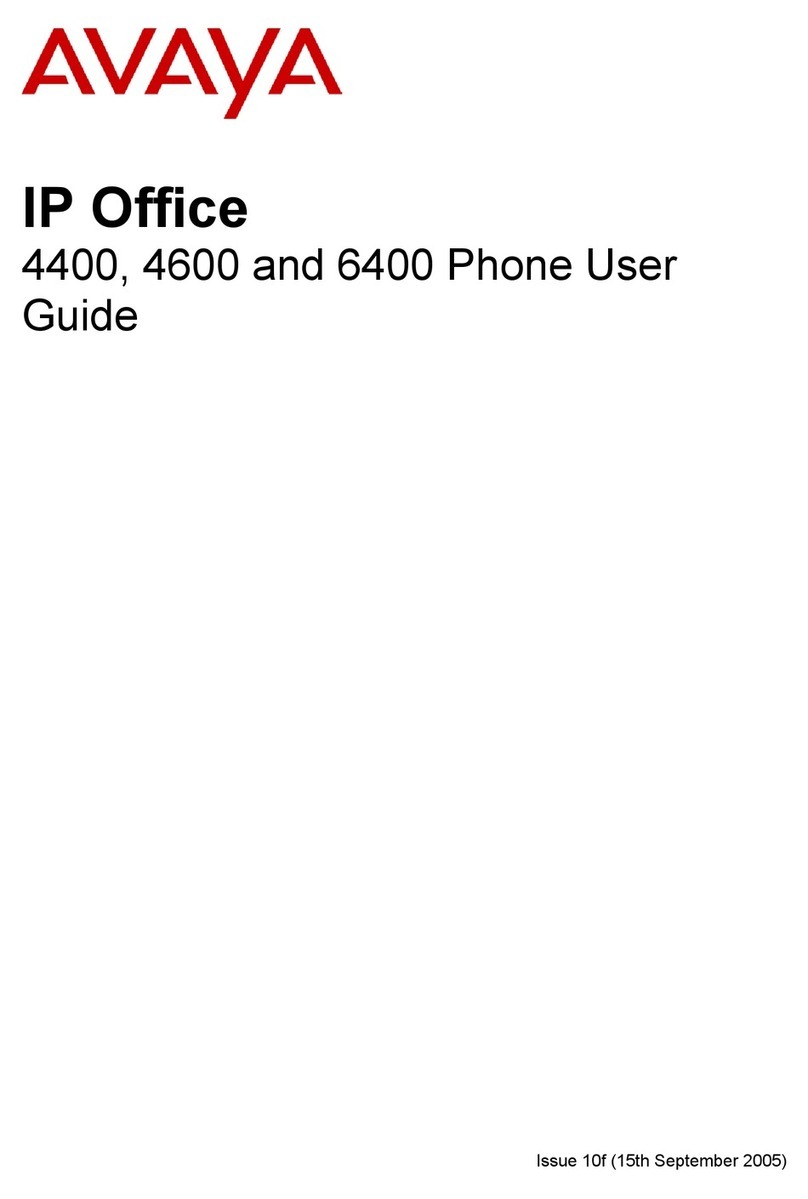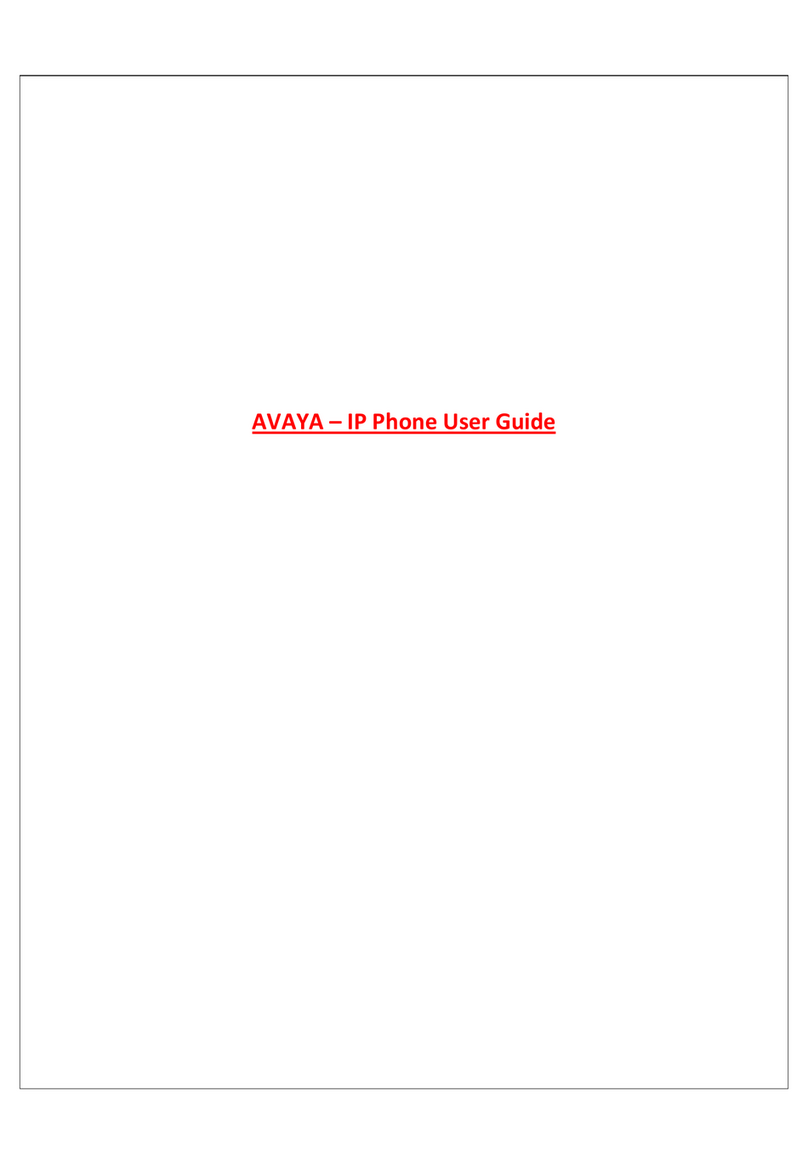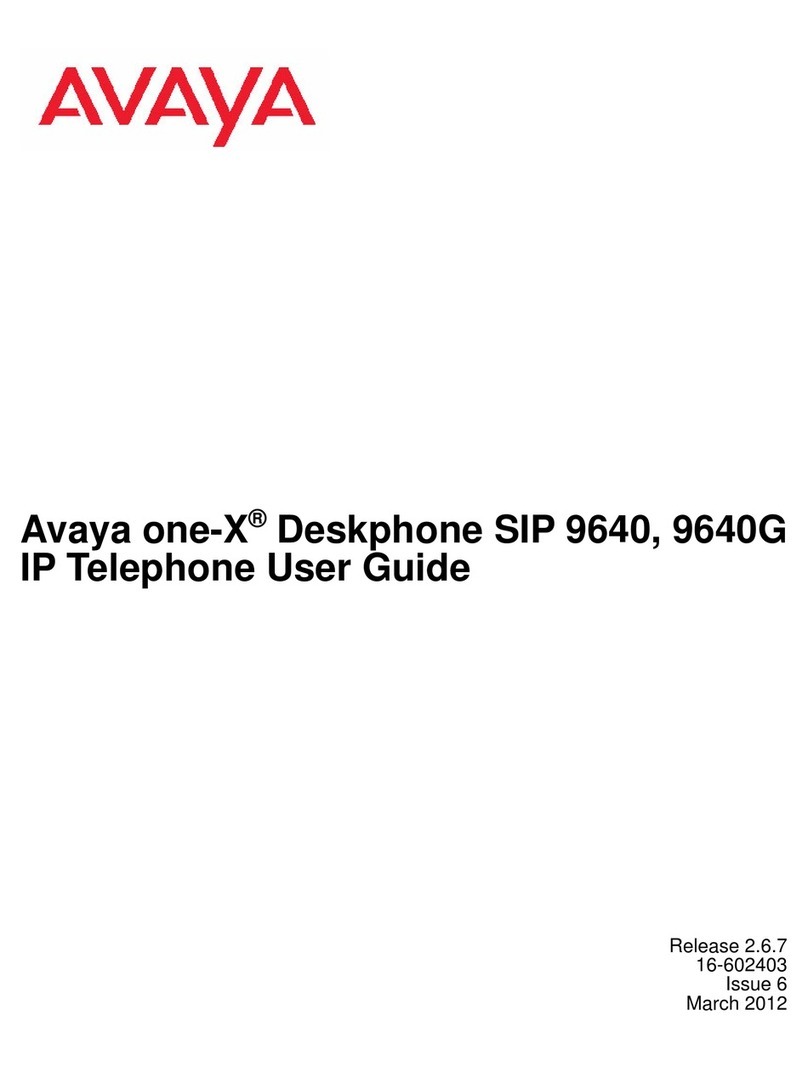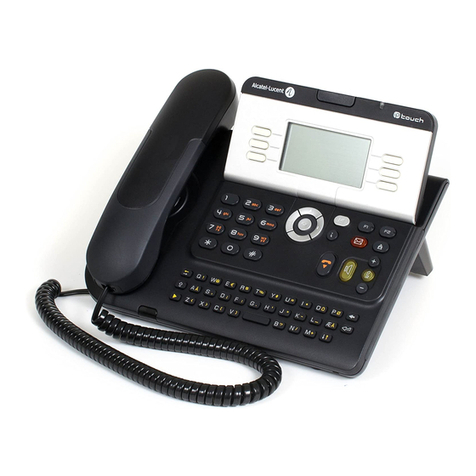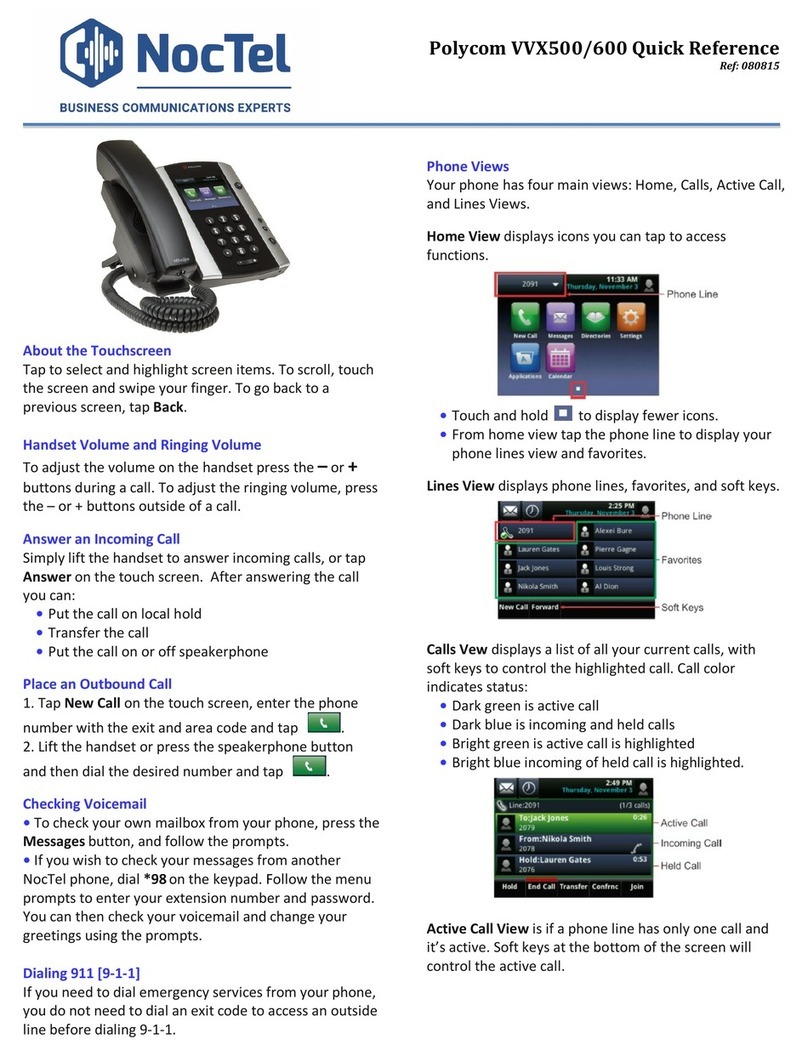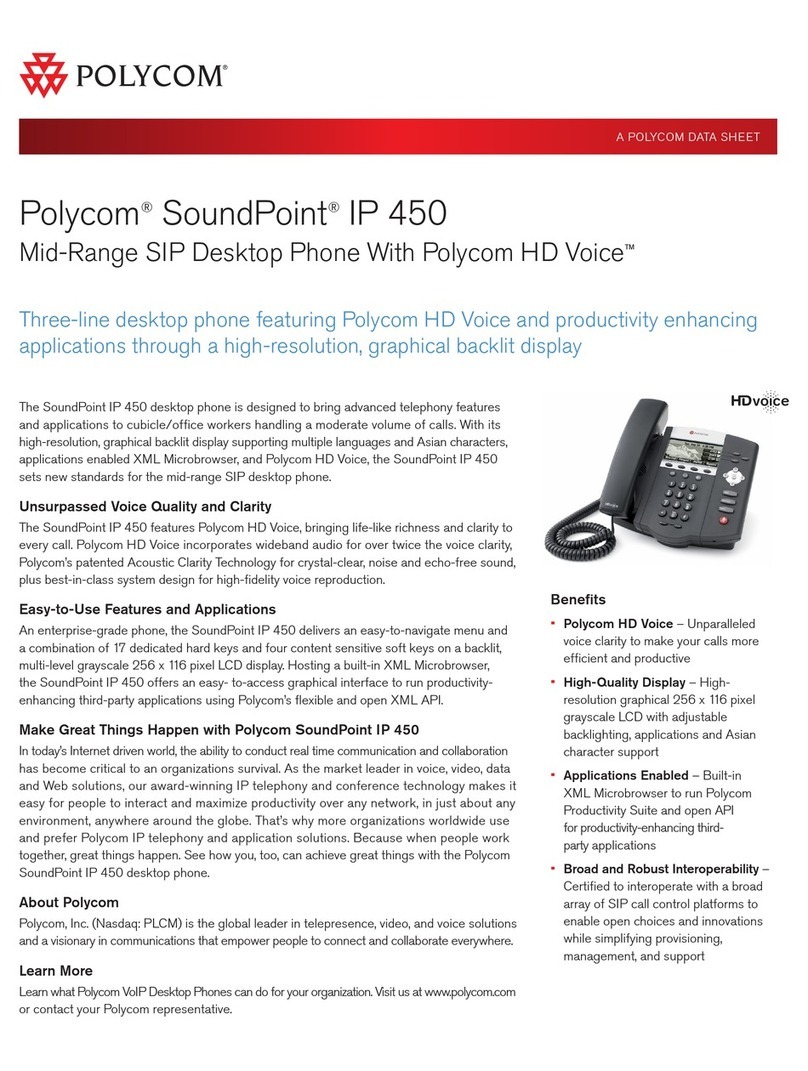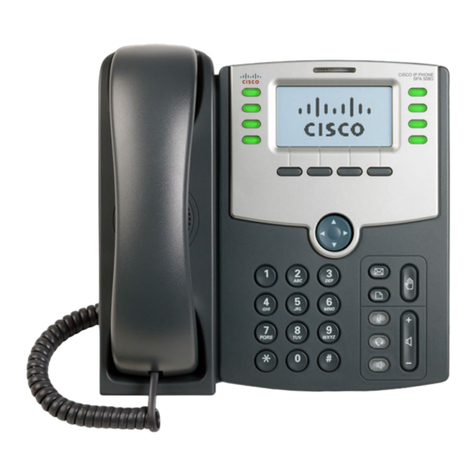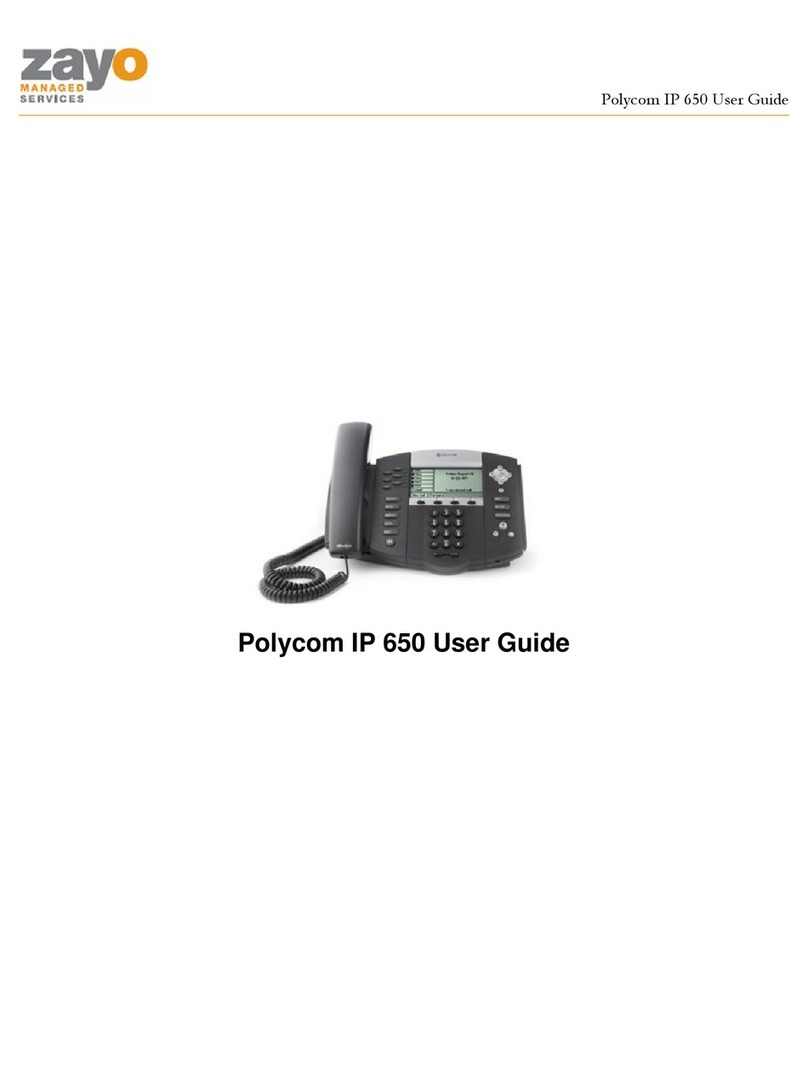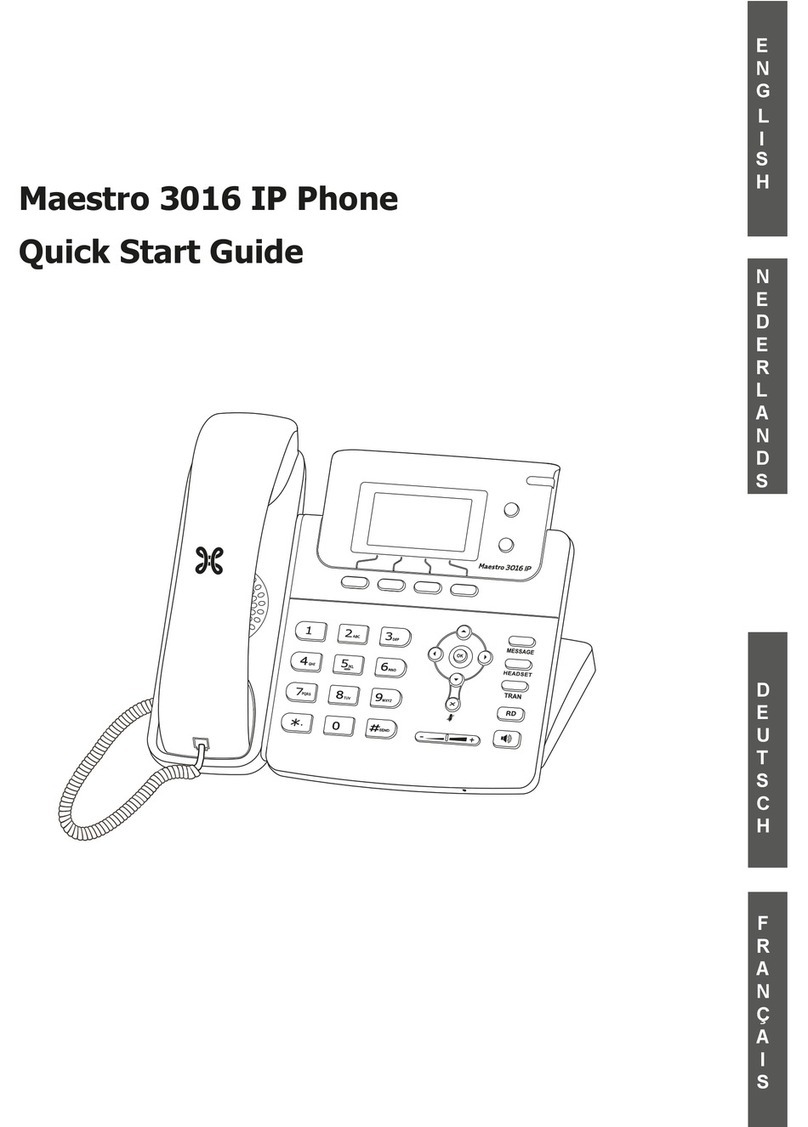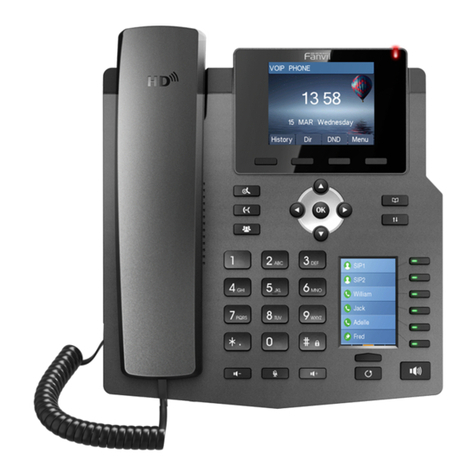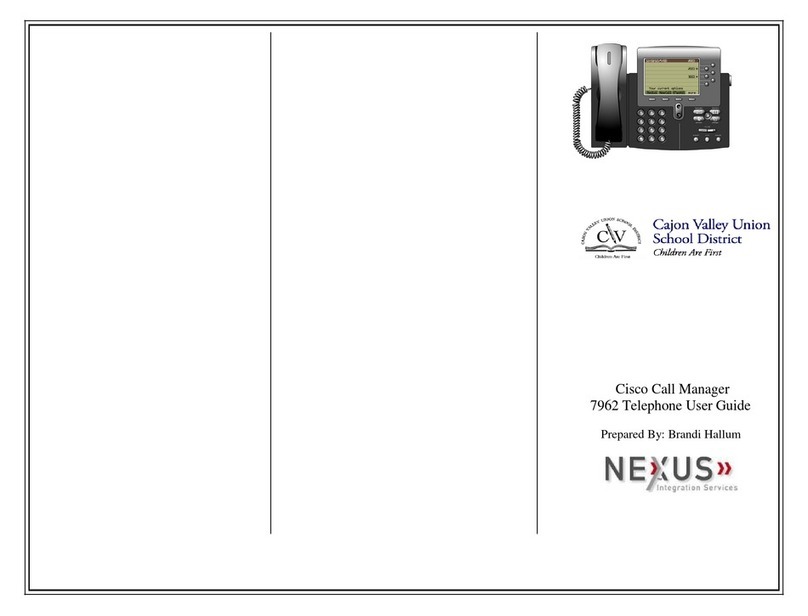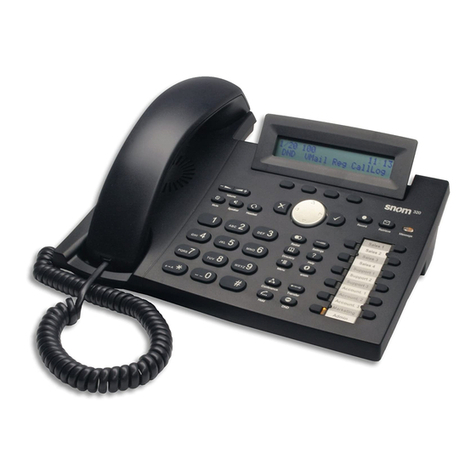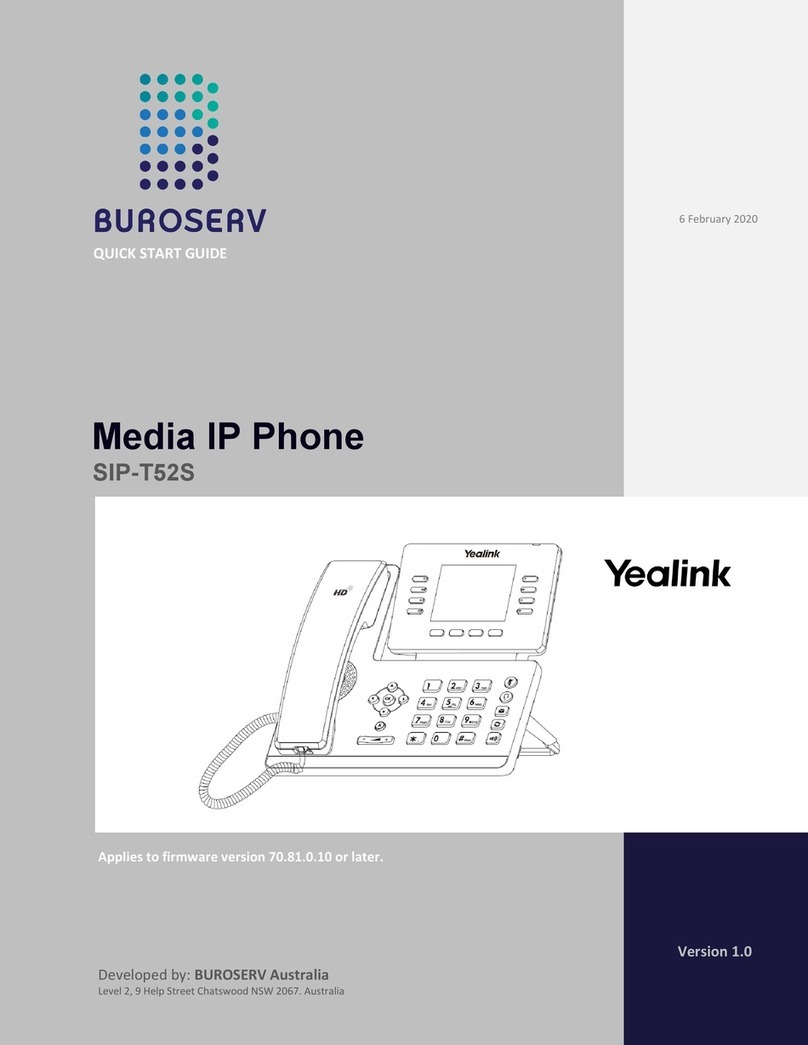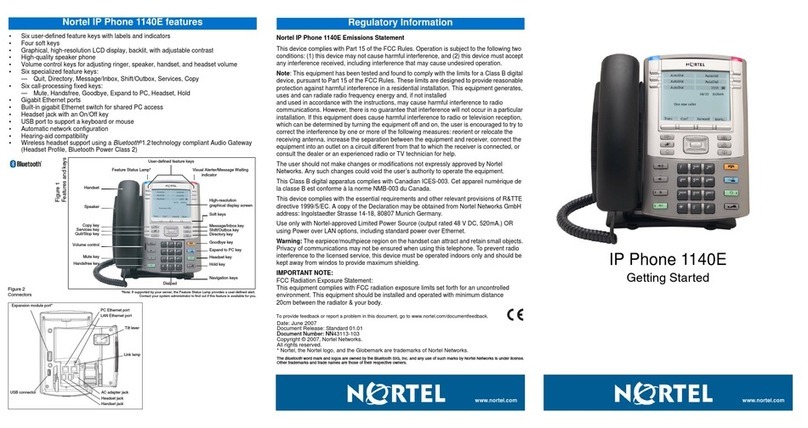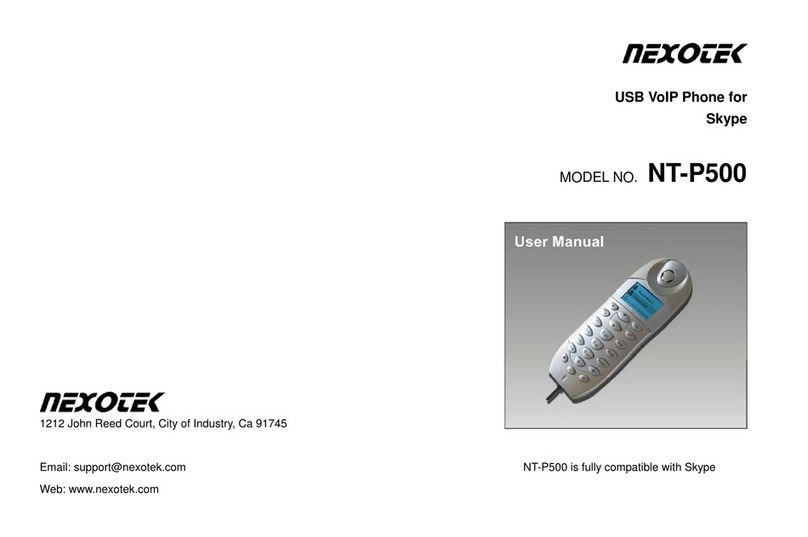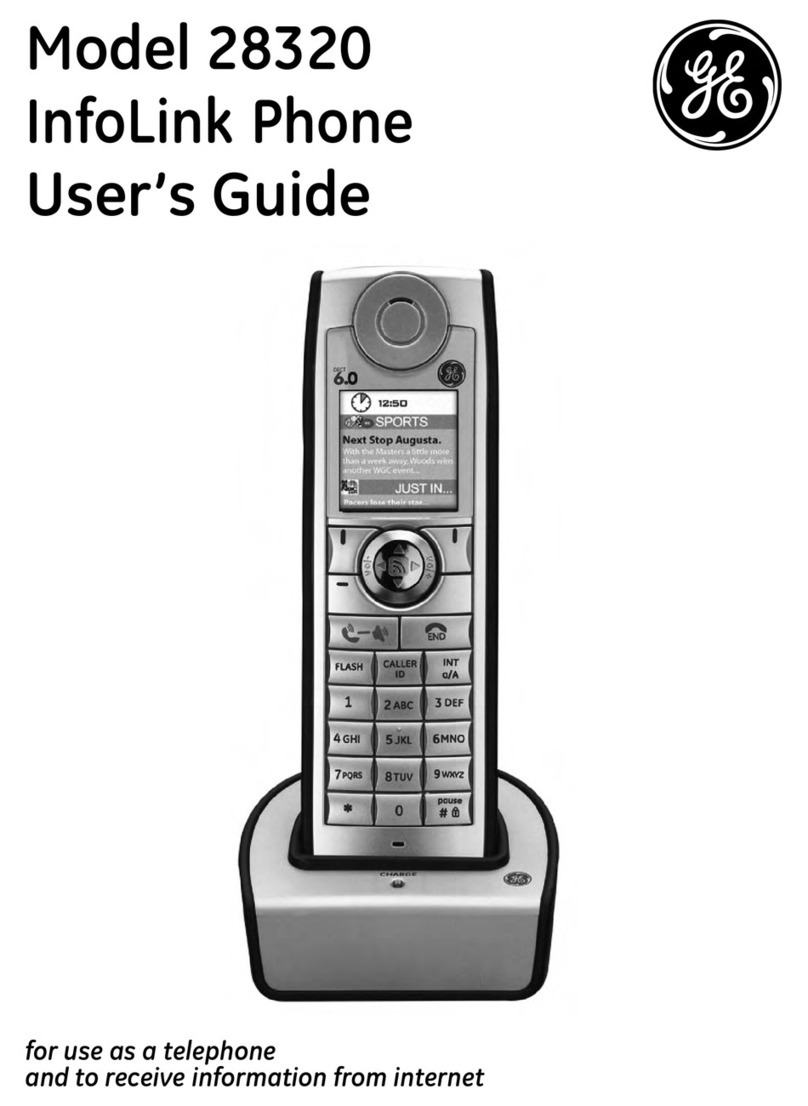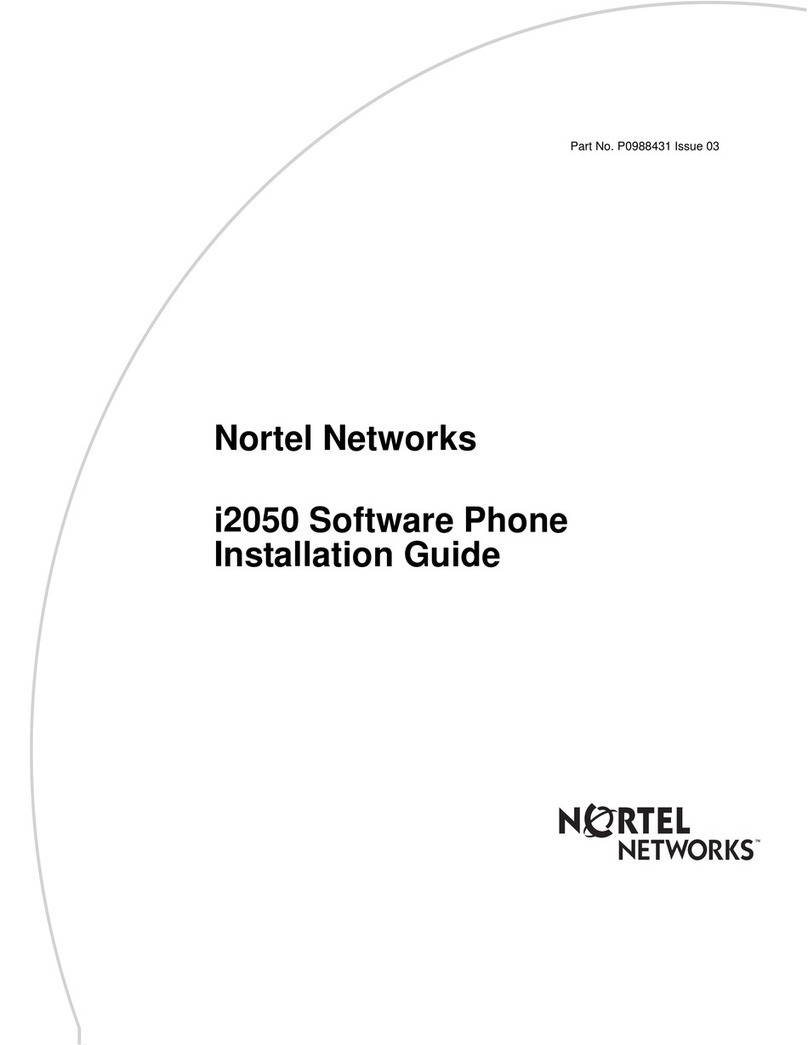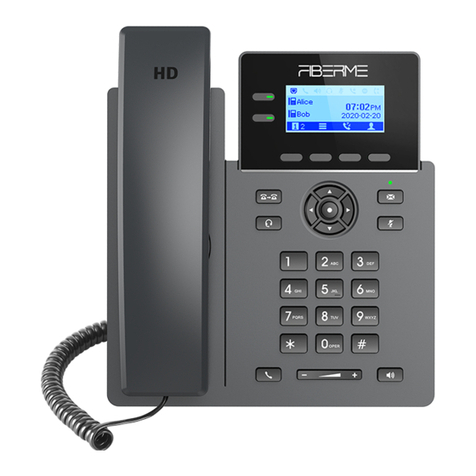
Avaya 3641/3645 IP Wireless Handset SIP Administration Guide June 2012 3
computing device. “Server” means a
Designated Processor that hosts a software
application to be accessed by multiple
users. “Software” means the computer
programs in object code, originally licensed
by Avaya and ultimately utilized by End
User, whether as stand-alone products or
pre-installed on Hardware. “Hardware”
means the standard hardware originally sold
by Avaya and ultimately utilized by End
User.
License types
Concurrent User License (CU). End User
may install and use the Software on multiple
Designated Processors or one or more
Servers, so long as only the licensed
number of Units are accessing and using
the Software at any given time. A “Unit”
means the unit on which Avaya, at its sole
discretion, bases the pricing of its licenses
and can be, without limitation, an agent, port
or user, an e-mail or voice mail account in
the name of a person or corporate function
(e.g., webmaster or helpdesk), or a directory
entry in the administrative database utilized
by the Software that permits one user to
interface with the Software. Units may be
linked to a specific, identified Server. CPU
License (CP). End User may install and use
each copy of the Software on a number of
Servers up to the number indicated by
Avaya provided that the performance
capacity of the Server(s) does not exceed
the performance capacity specified for the
Software. End User may not re-install or
operate the Software on Server(s) with a
larger performance capacity without Avaya's
prior consent and payment of an upgrade
fee
Copyright
Except where expressly stated otherwise,
no use should be made of materials on this
site, the Documentation(s) and Product(s)
provided by Avaya. All content on this site,
the documentation(s) and the product(s)
provided by Avaya including the selection,
arrangement and design of the content is
owned either by Avaya or its licensors and
is protected by copyright and other
intellectual property laws including the sui
generis rights relating to the protection of
databases. You may not modify, copy,
reproduce, republish, upload, post, transmit
or distribute in any way any content, in
whole or in part, including any code and
software. Unauthorized reproduction,
transmission, dissemination, storage, and or
use without the express written consent of
Avaya can be a criminal, as well as a civil,
offense under the applicable law.
Third-party components
Certain software programs or portions
thereof included in the Product may contain
software distributed under third party
agreements (“Third Party Components”),
which may contain terms that expand or
limit rights to use certain portions of the
Product (“Third Party Terms”). Information
regarding distributed Linux OS source code
(for those Products that have distributed the
Linux OS source code), and identifying the
copyright holders of the Third Party
Components and the Third Party Terms that
apply to them is available on the Avaya
Support Web site:
http://www.avaya.com/support/Copyright/.
Preventing toll fraud
“Toll fraud” is the unauthorized use of your
telecommunications system by an
unauthorized party (for example, a person
who is not a corporate employee, agent,
subcontractor, or is not working on your
company's behalf). Be aware that there can
be a risk of toll fraud associated with your
system and that, if toll fraud occurs, it can
result in substantial additional charges for
your telecommunications services.
Avaya fraud intervention
If you suspect that you are being victimized
by toll fraud and you need technical
assistance or support, call Technical
Service Center Toll Fraud Intervention
Hotline at +1-800-643-2353 for the United
States and Canada. For additional support
telephone numbers, see the Avaya Support
Web site: http://www.avaya.com/support/.
Suspected security vulnerabilities with
Avaya products should be reported to
Avaya by sending mail to:
